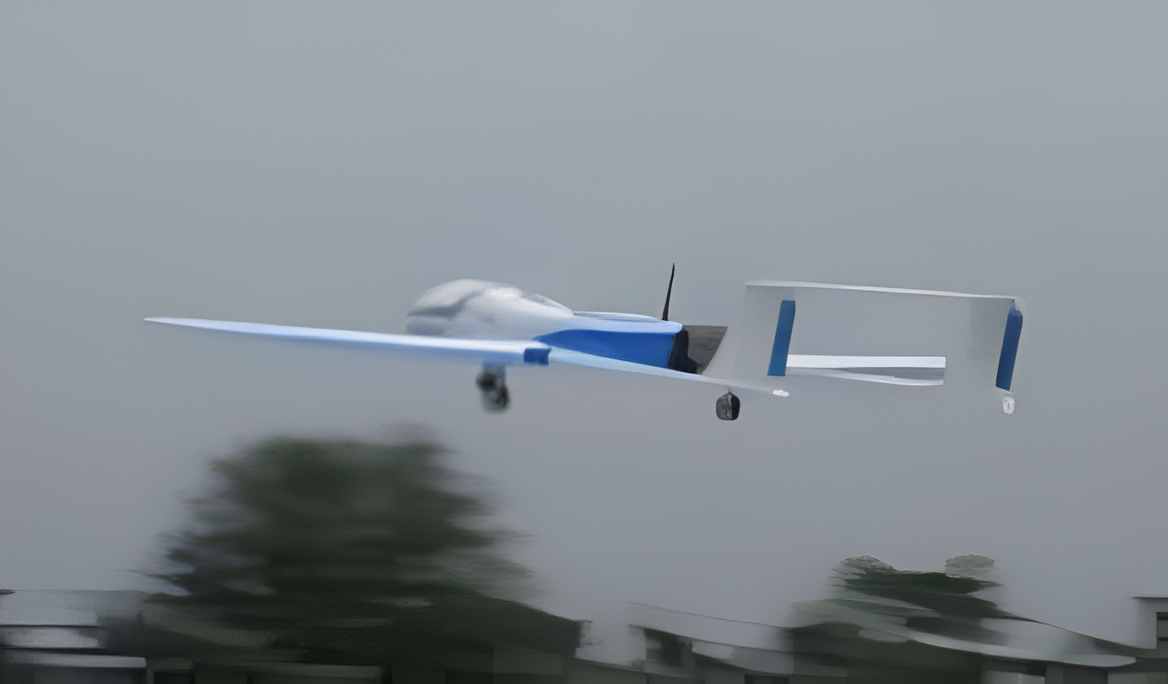The Role of Drones in Modern Military Intelligence Operations

The rise of drone technology has had a profound impact on the world of military intelligence. Unmanned aerial vehicles (UAVs), more commonly known as drones, have become an increasingly essential tool for armed forces around the globe. These sophisticated aircraft, equipped with advanced sensors and surveillance capabilities, are revolutionizing the way militaries gather, process, and act upon critical intelligence.
The Advantages of Drones in Military Intelligence
- Persistent Surveillance: Drones can stay airborne for extended periods, providing continuous monitoring of targets and areas of interest. This persistent surveillance allows for the collection of valuable, real-time intelligence that was previously difficult to obtain.
- Reduced Risk to Personnel: By eliminating the need for manned aircraft, drones significantly reduce the risk to military personnel. Drone operators can gather intelligence from a safe distance, minimizing the exposure of human assets to dangerous environments.
- Enhanced Targeting and Precision: Drones equipped with high-resolution cameras, infrared sensors, and other specialized equipment can gather detailed intelligence that supports precise targeting of enemy forces and assets. This improved targeting accuracy can lead to more effective military operations with reduced collateral damage.
- Cost-Effectiveness: Compared to traditional manned aircraft, drones are generally more cost-effective to acquire, operate, and maintain. This makes them an attractive option for military organizations with limited budgets.
Challenges and Considerations
- Ethical and Legal Concerns: The use of drones in military operations has raised ethical and legal concerns, particularly around issues of civilian casualties, privacy, and international law. Militaries must navigate these complex issues carefully to ensure compliance with relevant regulations and norms.
- Technological Vulnerabilities: Drones, like any other technology, are vulnerable to jamming, hacking, and other forms of interference. Ensuring the security and resilience of drone systems is a critical challenge for military intelligence operations.
- Airspace Coordination: The integration of drones into military airspace can be complex, requiring robust coordination with air traffic control and other aviation stakeholders to ensure the safe and efficient use of airspace.
Conclusion
As military technology continues to evolve, the role of drones in military intelligence operations is poised to grow even more significant. By leveraging the unique capabilities of these unmanned systems, armed forces around the world are gaining a crucial advantage in gathering, analyzing, and acting upon critical intelligence. However, the challenges and considerations surrounding drone use must be carefully navigated to ensure that this technology is employed ethically, legally, and effectively in support of national security objectives.
